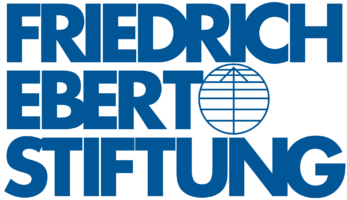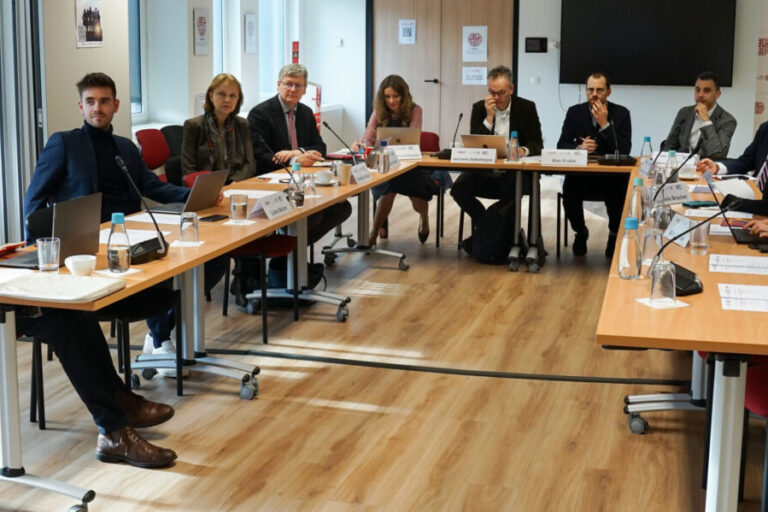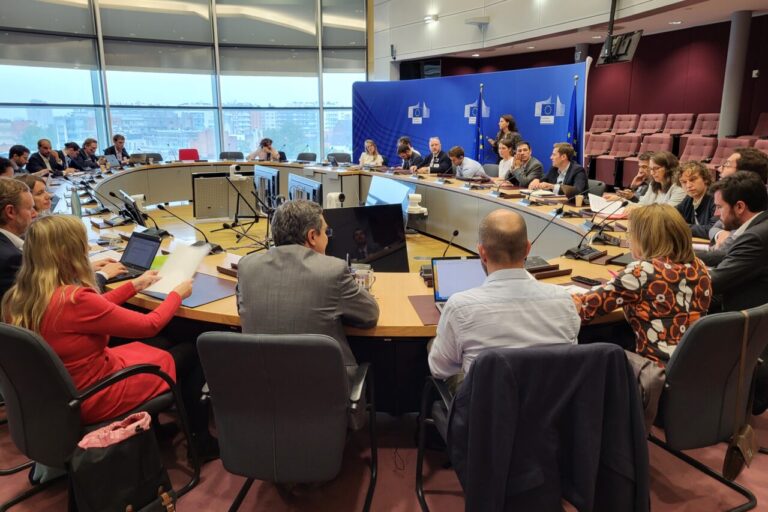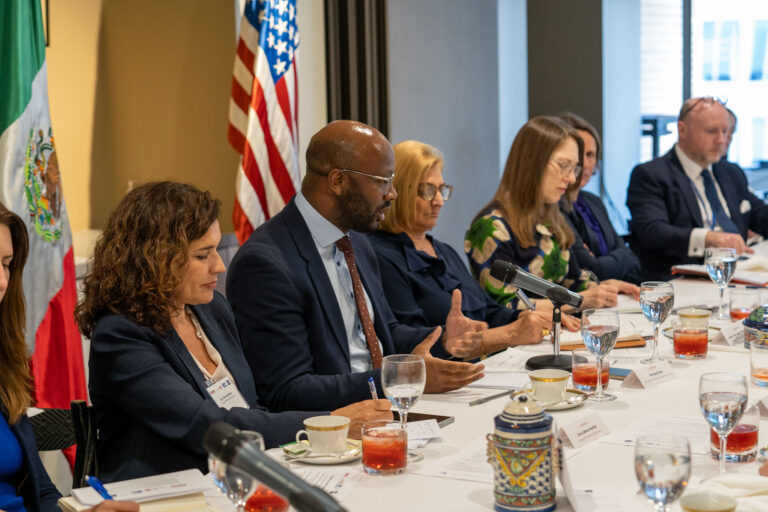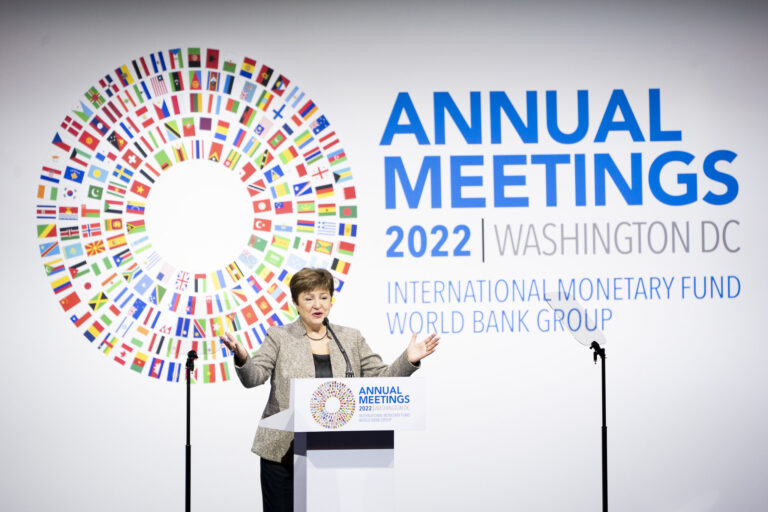On 30 January 2024, the Progressive Economics Network (PEN) held an Expert Meeting in the FEPS Headquarters in Brussels as well as online, where academics, policymakers and key advisors were gathered to discuss the experience of new ways to managing inflation and how they should be refined to build up a progressive toolbox approach to dealing with inflation. PEN is a joint initiative by the Foundation for European Progressive Studies (FEPS), Friedrich-Ebert-Stiftung and Das Progressive Zentrum.
Over the last two years, rising gas and fuel prices and ensuing economic and social disruptions have led to a strong increase in ‘market management’ policies across Europe. These were policies to ease the pain of the cost of living crisis on households and businesses, including through directly influencing market prices and profits.
Spain, Portugal and France were some of the first to cap their energy prices, and later, they were followed by Germany, the UK and other countries. Businesses were supported through subsidies, whilst taxes on extra profits led to insignificant revenues. Market designs were overhauled, and the EU is inching closer to EU-wide electricity market reform to stop prices fluctuating too much.
Going forward, such policies are likely to continue being debated: key issues include whether energy prices should be kept lower and linked to decarbonisation to support jobs and industry or whether EU governments need wholly different institutions to fight price pressures along value chains as they build up rather than after the fact.
This PEN meeting gathered academics, policymakers, and key advisors to discuss the experience of these new approaches to managing inflation and how they should be refined to build up a progressive toolbox approach to dealing with inflation. The discussion included presentations of scientific policy-relevant papers and contributions with examples of policies from different European Member States.
The meeting’s highlight was a keynote speech and presentation by Professor Isabella Weber, Associate Professor of Economics, University of Massachusetts Amherst & Associate in Research, Fairbank Center, Harvard University in which she spoke about latent systematically significant prices in different sectors and why some prices matter much more than others. Isabella Weber presented a set of recommendations aimed at putting together a toolbox for economic preparedness, looking at possible actions to counter economic shocks.
The subsequent discussion was structured along the following key questions:
- How can we categorise different types of market interventions to deal with inflation implemented over the last two years? What were their costs, benefits, and impacts?
- What are the main features of the policies implemented in European member states: their design, results, reasons for success and lessons for the future?
- How can we prepare for future inflation shocks? Crisis preparedness, a ready-to-use toolbox, windfall taxes or antitrust efforts and other reforms to competition policy.
- What reforms need to be carried out to make the EU economy more resilient to inflation shocks (energy and food markets reform, regulation of commodity trade etc.)?
- What is the link between inflation-resilience and green transition? How can the policy toolbox be used to advance both goals?
- What is the role of the EU in this? What instruments and institutions can be used & which need to be developed?
After welcome remarks by Christiane Kesper, Director, Friedrich-Ebert-Stiftung EU Office, the first session started with an assessment of already implemented measures to fight inflation in Europe from the years 2021 to 2023. For this, Isabella Weber presented her keynote speech about “Stabilization policies for systemically significant sectors”. Experts like Jeromin Zettelmeyer, Director, Bruegel, Jonás Fernández, S&D MEP, Member of the ECON Committee & Subcommittee on Tax Matters, Jérôme Creel, Director, Research Department, Sciences Po, OFCE & Associate Professor of Economics, ESCP and José Domingo Roselló Gómez-Lobo, Head of Unit of Macroeconomic and Labour Policies, Office of Economic Affairs and G20, Cabinet Office of the Presidency of the Government of Spain, shared experiences about dealing with inflation on country as well as EU-level.
In a second session, an outlook into the future with ways to prepare for it was made. The centre of the debate focused on a toolbox to help deal with inflation and also prevent approaching crisis. To set the stage, two presentations were held by Anna Kolesnichenko, Economic Policy Analyst, FEPS and Carsten Jung, Senior Economist at IPPR as well as our Senior Economic Advisor at Das Progressive Zentrum. Following their presentations, Francisco Costa-Cabral, Fellow, Tilburg Law and Economics Centre, and Max Krahé, Co-founder and Director, Dezernat Zukunft, provided their input, which lead to a last open exchange among the participants. The closing remarks were given by László Andor, Secretary-General, FEPS.
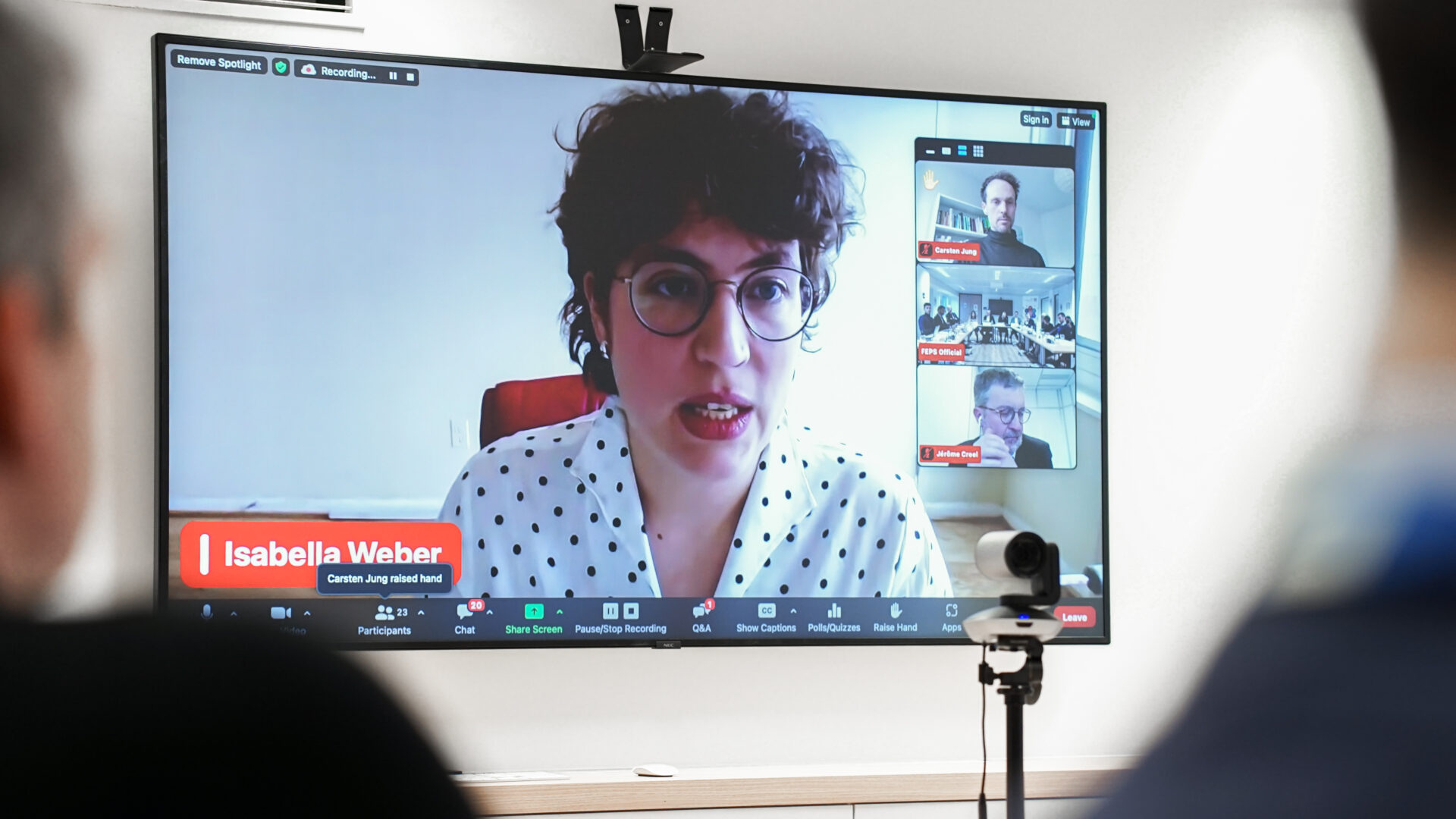
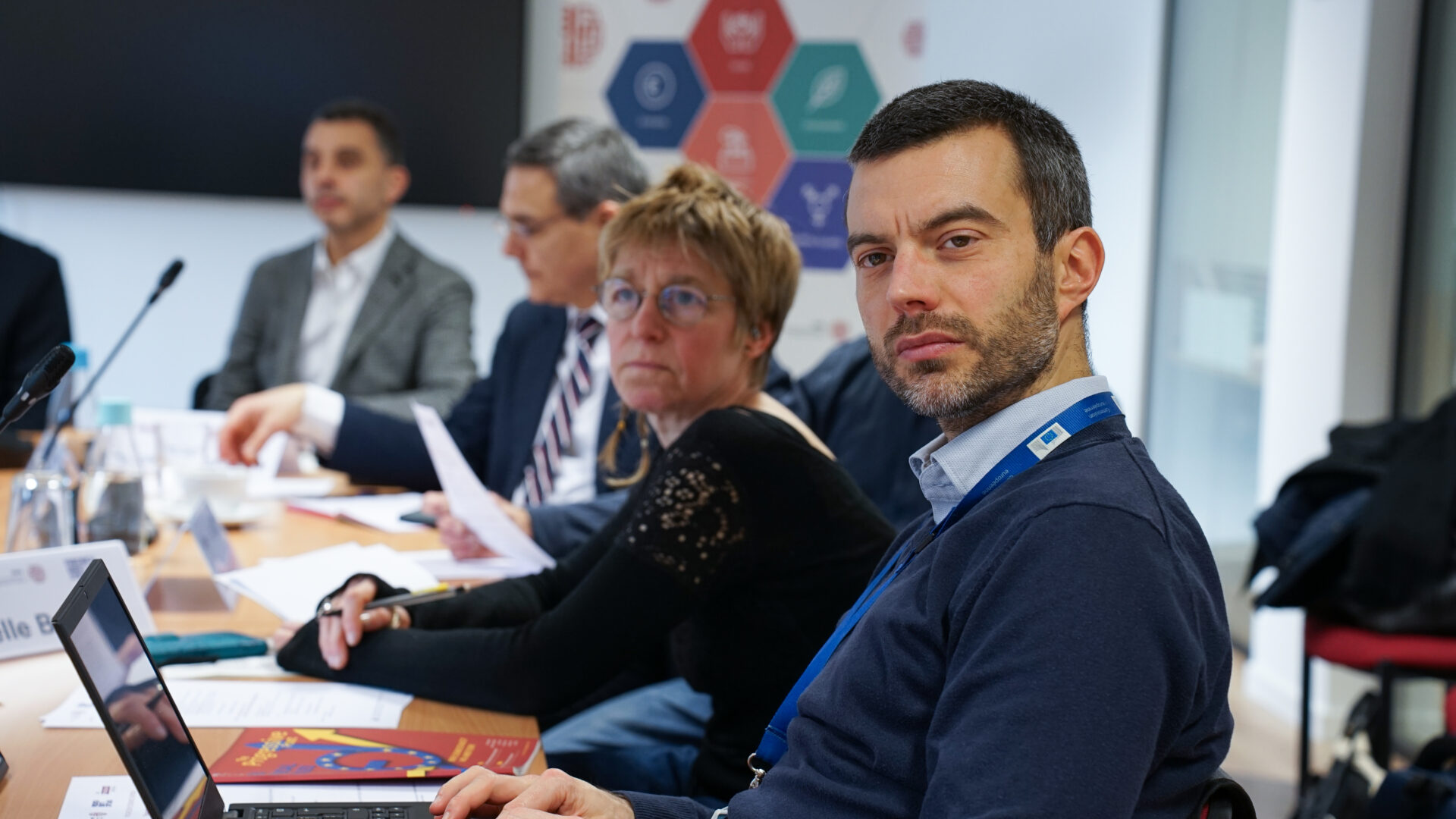
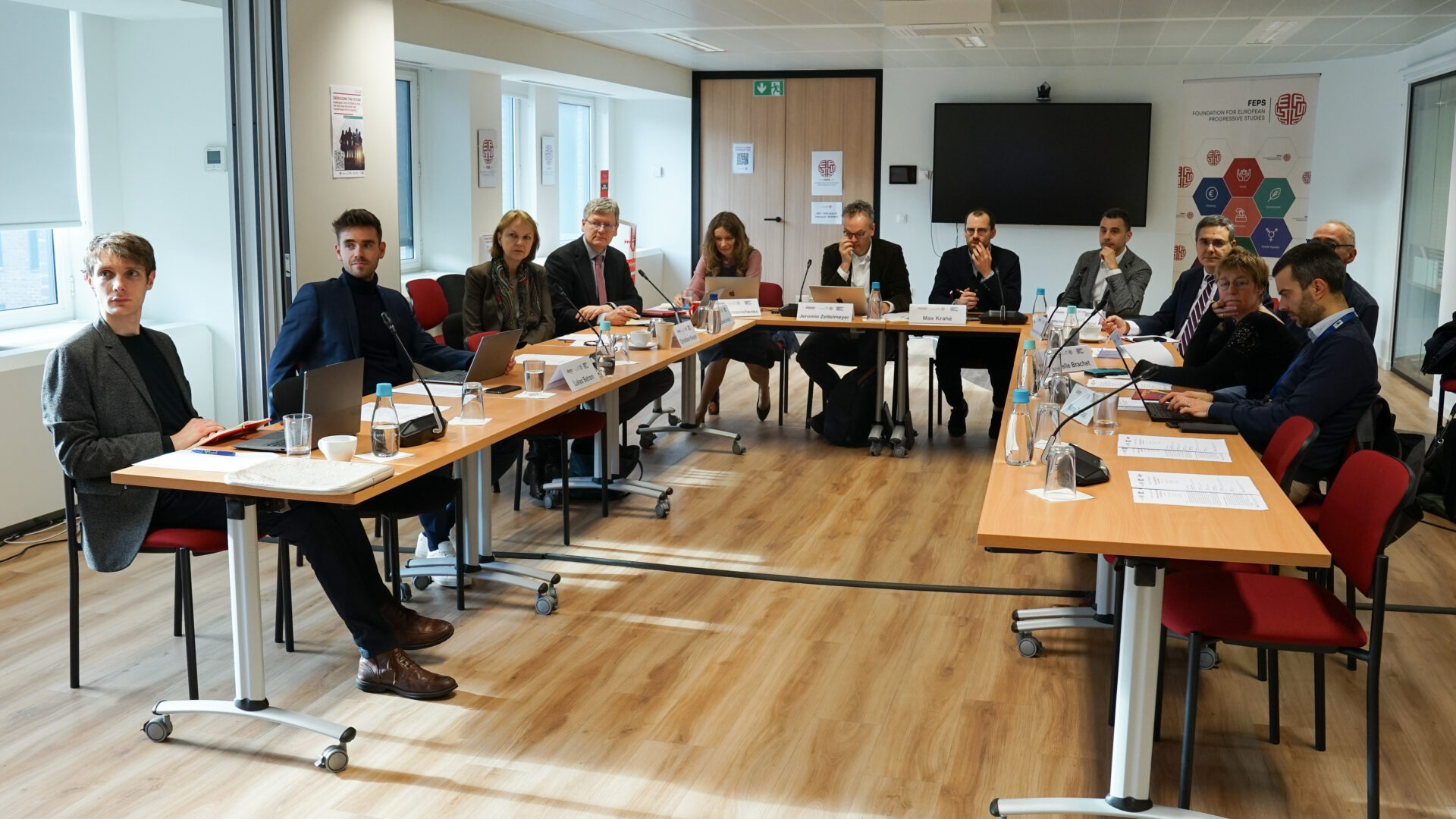
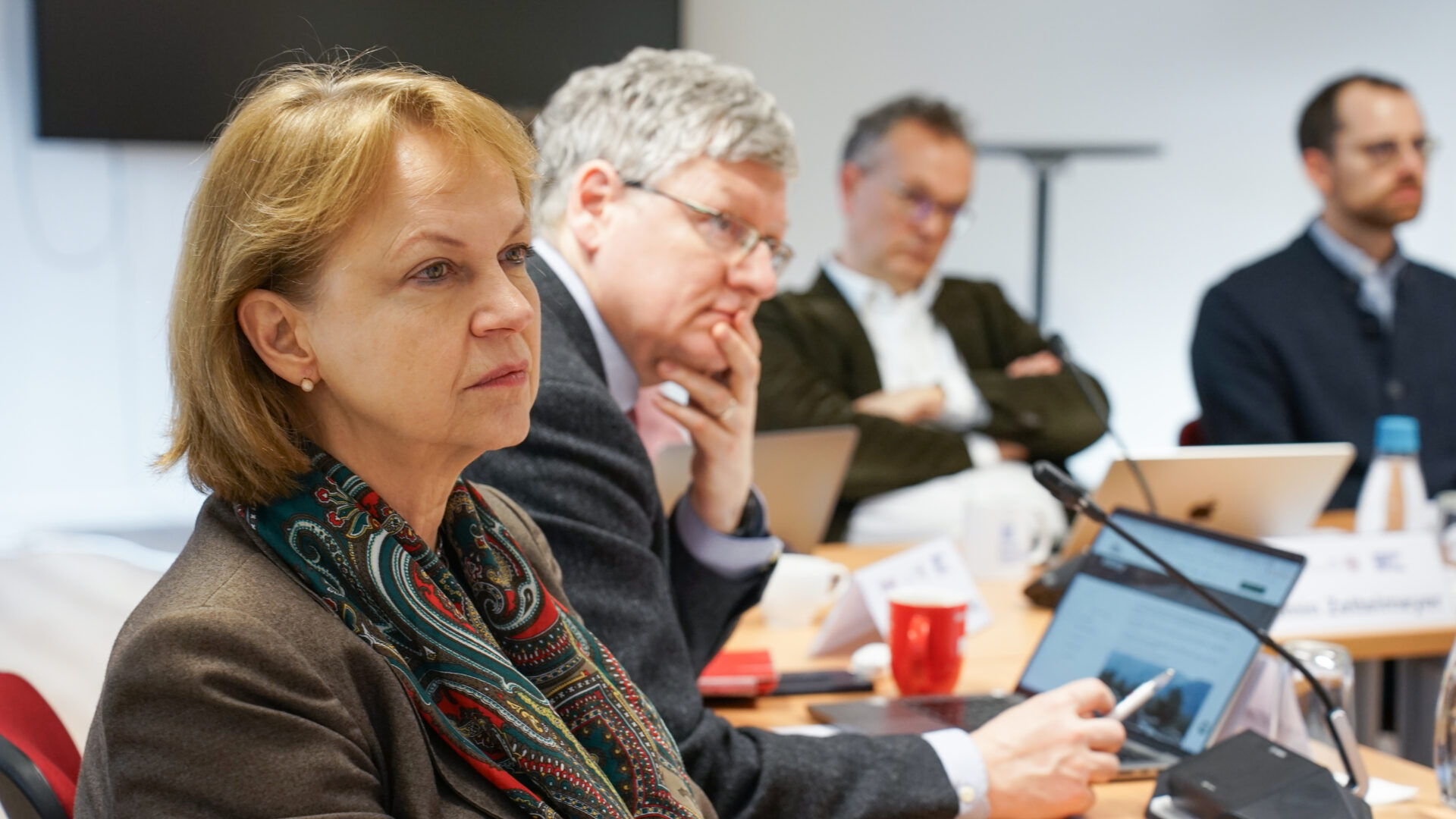
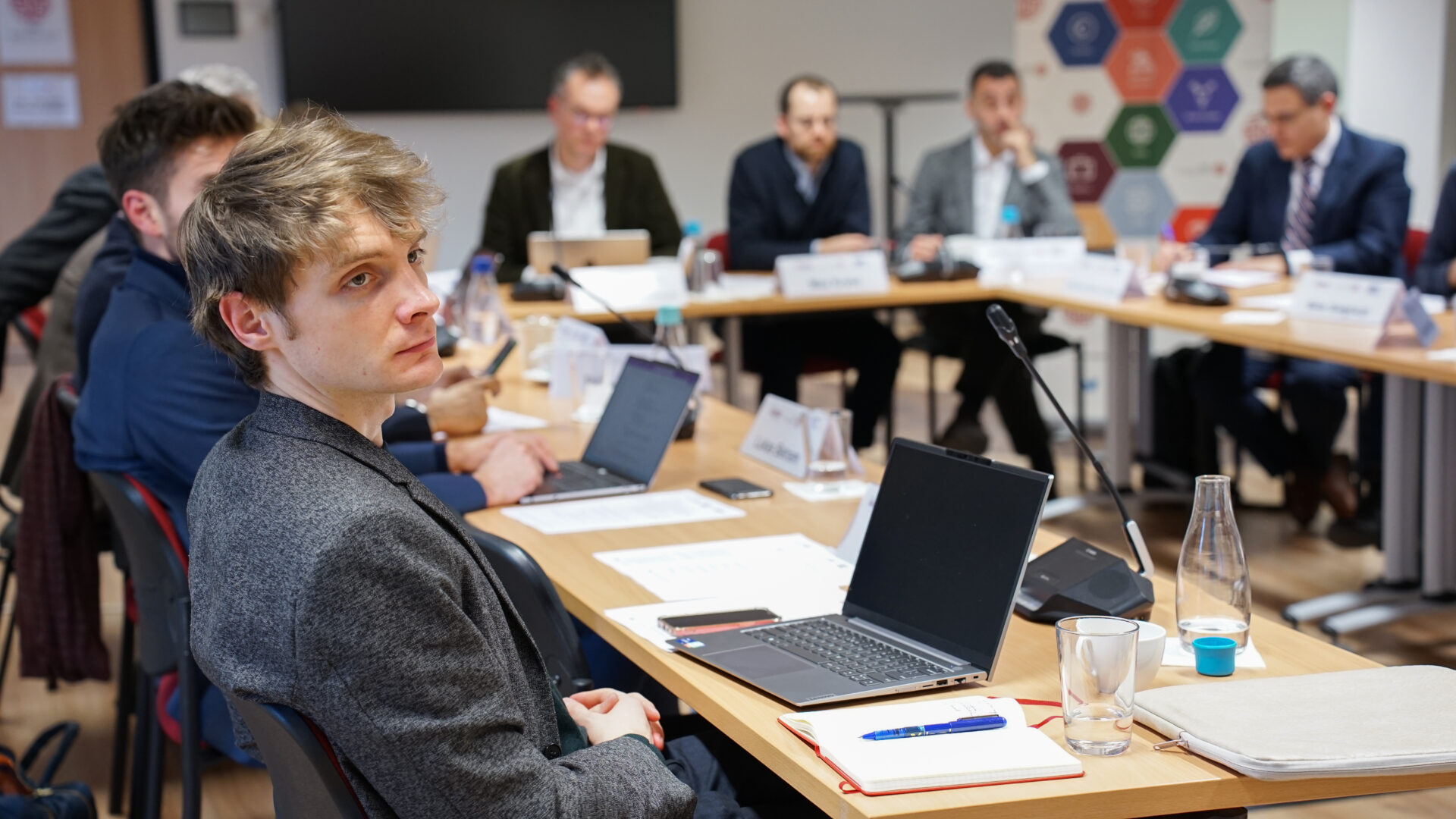
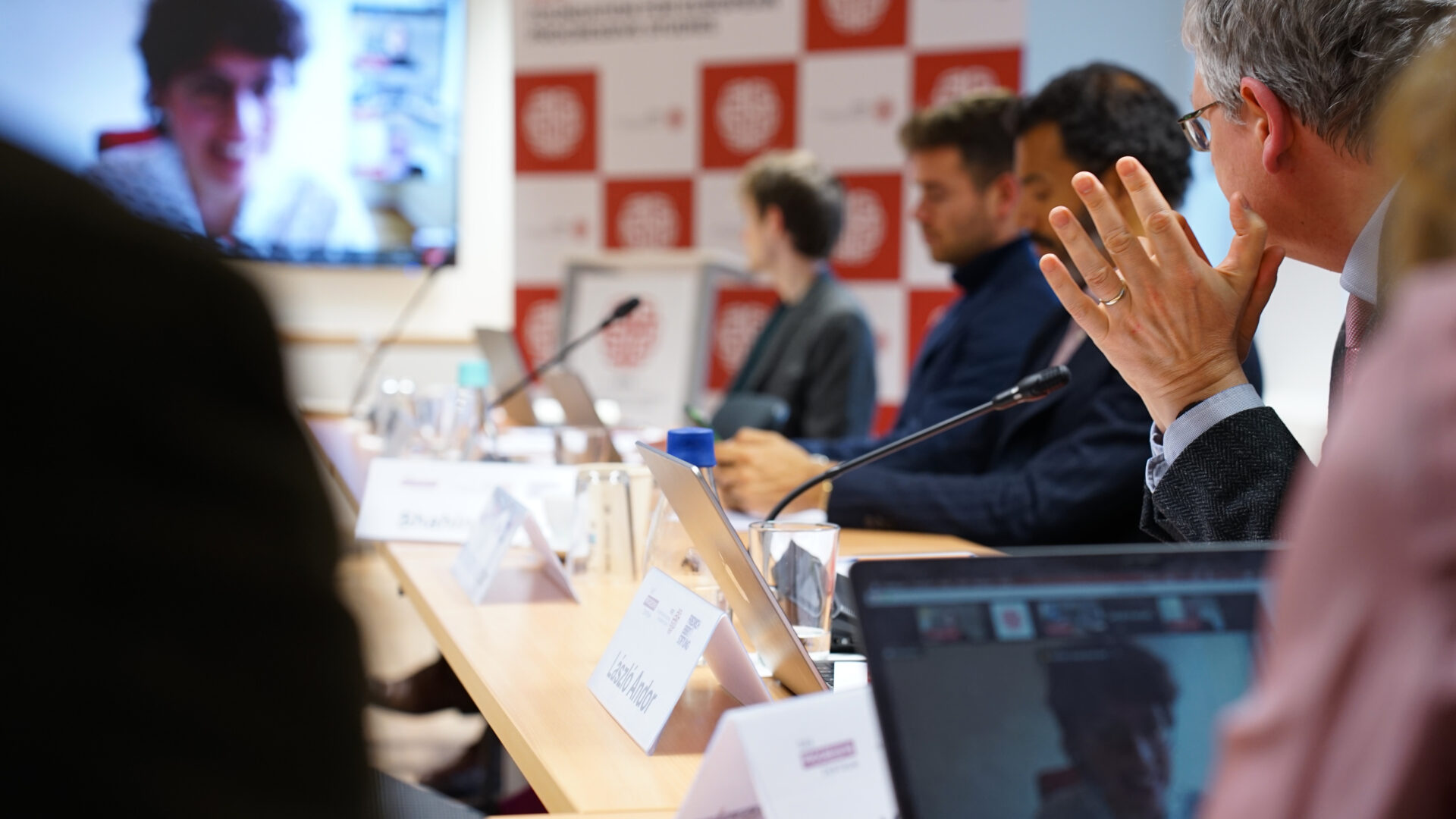
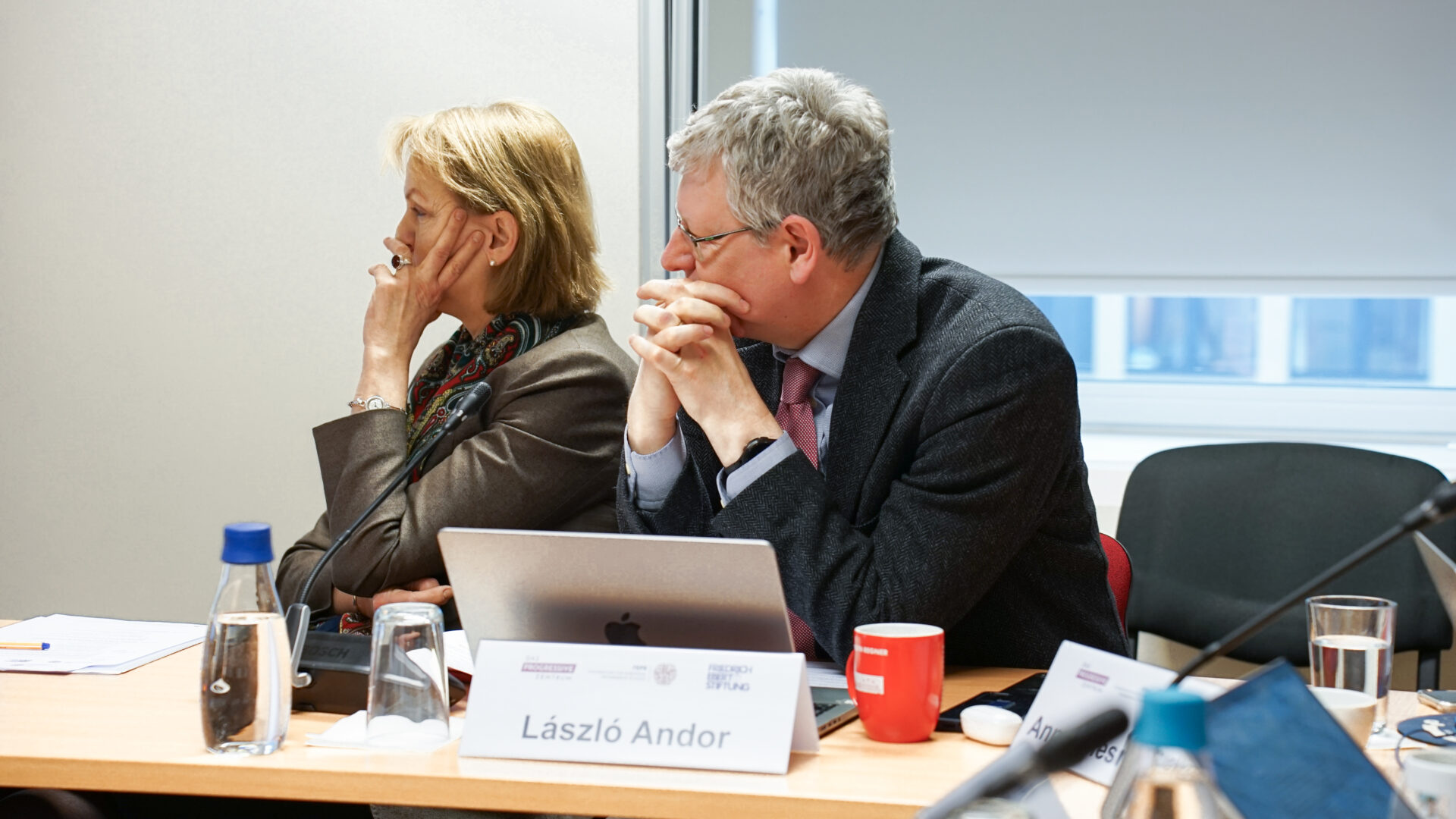
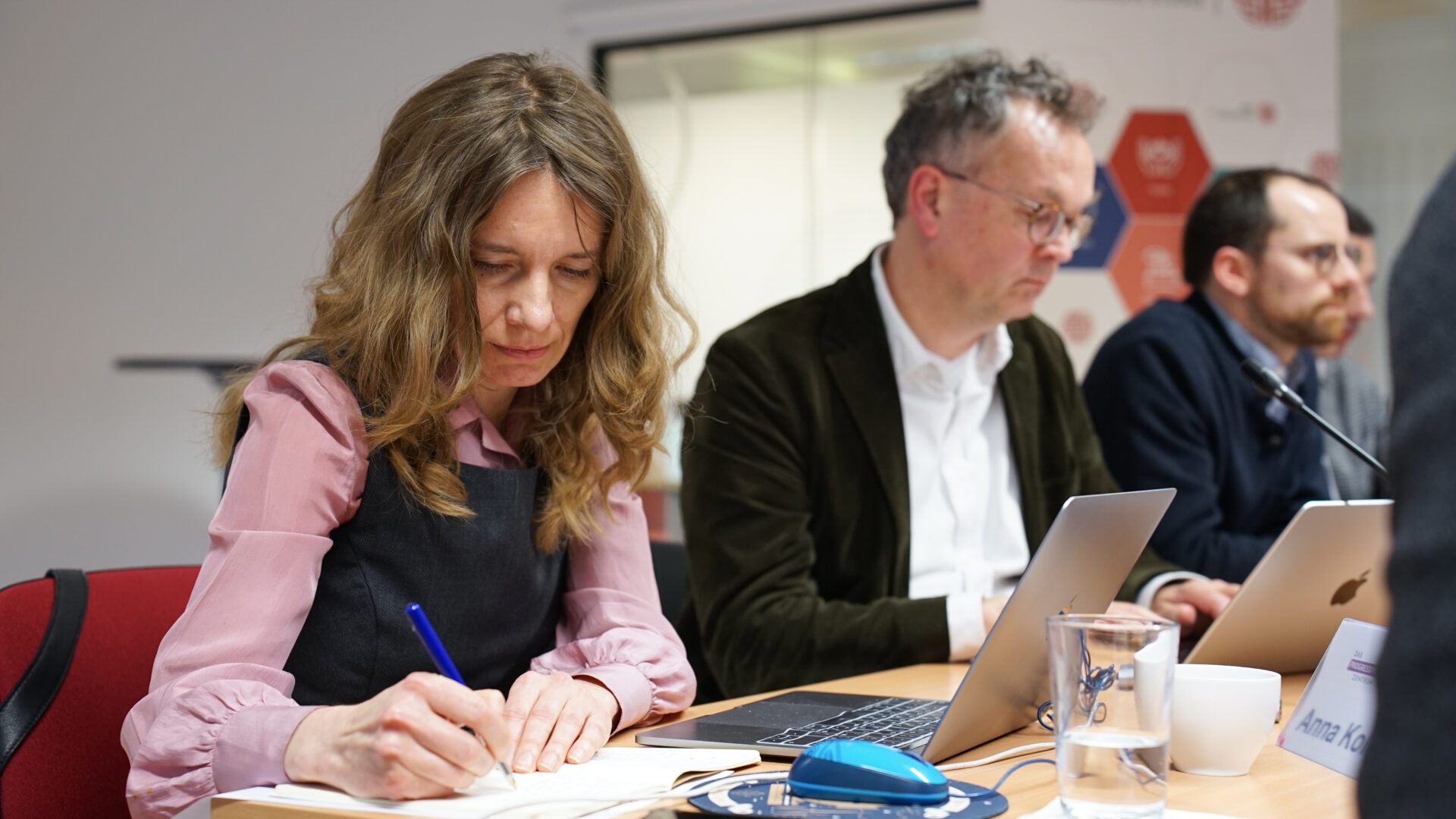
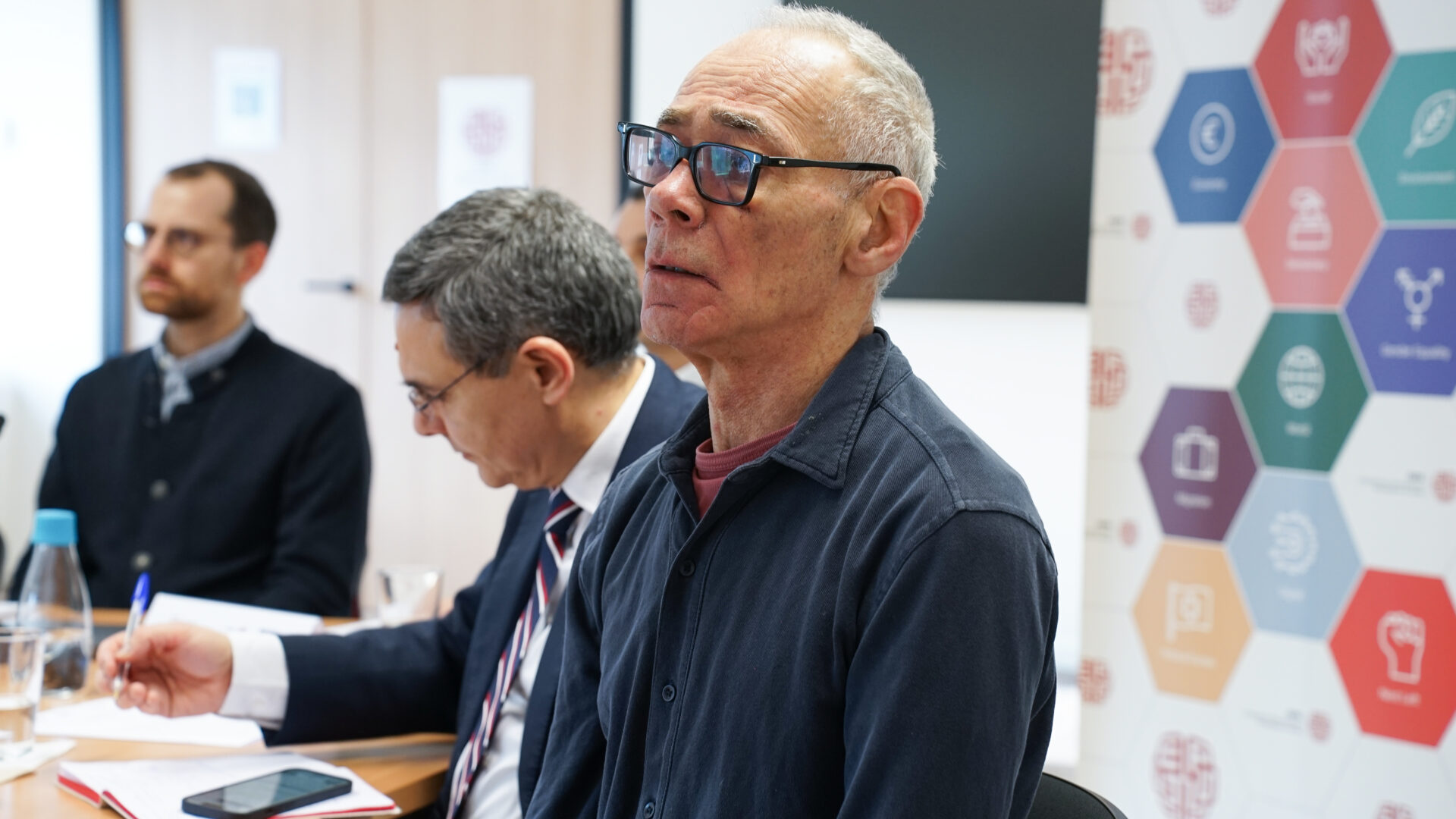
Authors
Previous Progressive Economics Network Meetings
Towards a progressive toolbox to deal with inflation - Progressive Economics Network Expert Meeting in Brussels
Getting the Green Deal Done: Progressive Economics Network meets in Brussels
Progressive Economics Network Meetings During IMF Spring Meetings in Washington, D.C.
Progressive Economics Network kicks off with pre-briefing for the IMF Annual Meetings

We develop and debate progressive ideas and bring together leading actors who turn thoughts into action. Our think tank’s goal: making the just transformation a reality. ▸ Learn more




